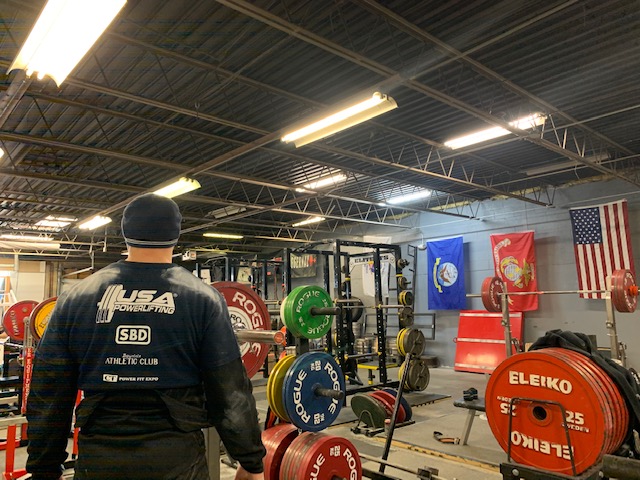Written by: Kevin Cann
One of the things that I have been focusing a lot on with the group is reflecting. These reflections have really helped me understand who I am. This is important for us finding a purpose (intent) to our coaching and training. This purpose needs to mean something to the individual. This will help them face setbacks and adversity and stick with the sport long enough to develop skills that extend far beyond the platform.
Reflection is also important to developing goals and assessing how we are doing in achieving them. Our purpose or intent is a larger arbitrary vision that always leaves room to get better. The goal is continual progress. Under that vision there should be some goals that really stretch our skillset. Reflection helps us see how we are doing on our path towards those goals.
Now, it is important that everyone has definitions for success and high performance. These will be critical in analyzing their progress. If we are tied to external outcomes only, there will be inevitable frustration and a failure to handle setbacks in the best way possible.
I have had the group come up with personal definitions for high performance, success, and the will of a champion. This way when they reflect upon their progress they can see if they are living up to those definitions and if they are obtaining success as they see it as the individual. Coming up with these definitions are reflection exercises. It really makes each lifter think about who they are and what they want out of sports competition.
Over the course of time doing these exercises, the lifter will build self-awareness. They will know themselves better and best be able to make decisions in the moment that are best for them. They will also be able to accurately highlight strengths and more importantly, weaknesses that need to be worked on.
These daily or weekly reflections are how we develop what Dr. Carol Dweck calls the growth mindset. I like to use the term competitive mindset because it puts a sense of urgency into our training. Reflecting ensures that we are learning from our experiences. Our experiences, trials, and errors are our best teachers. If we are not reflecting, we are missing so many great opportunities to learn and to get better.
This can also speed up the learning process. If we are not reflecting, we are missing these opportunities and it will take much longer to learn the lessons. In some cases we never learn the lessons because we were not open or aware enough to receive the information.
Oftentimes we just want to do more and more in expectation for the progress coming faster. More sets, more reps, and more weight. However, this is not true as this drowns out the messages that the experiences of lifting the sets, reps, and weight are giving each lifter.
Maybe the answer is more, but we need to be in the present moment judgment free to make that decision. According to Anders Ericcson, a world-renowned performance expert, impatience is the worst thing that you can bring to a program. Reflection helps them recognize this impatience and relax the emotional thinking, paving way for more rational thought.
Many lifters will not do this when encouraged. This comes back to them having a purpose and a deeper meaning to participating in this sport. Most have the attitude that the program drives results and is responsible for their outcomes. High level performers are typically on very different programs, but they have traits in common across the board, and self-awareness, a growth mindset, and a purpose are some of them.
Many lifters will avoid these exercises because they struggle looking inside of themselves. It can be uncomfortable finding out about oneself, but also frustrating when you realize that you do not really know who you are.
The ones that choose not to reflect, will be the ones that leave potential on the table. The ones that do will be on the path to greatness and maximizing their true individual potential. There is no critical thinking without self-awareness.

